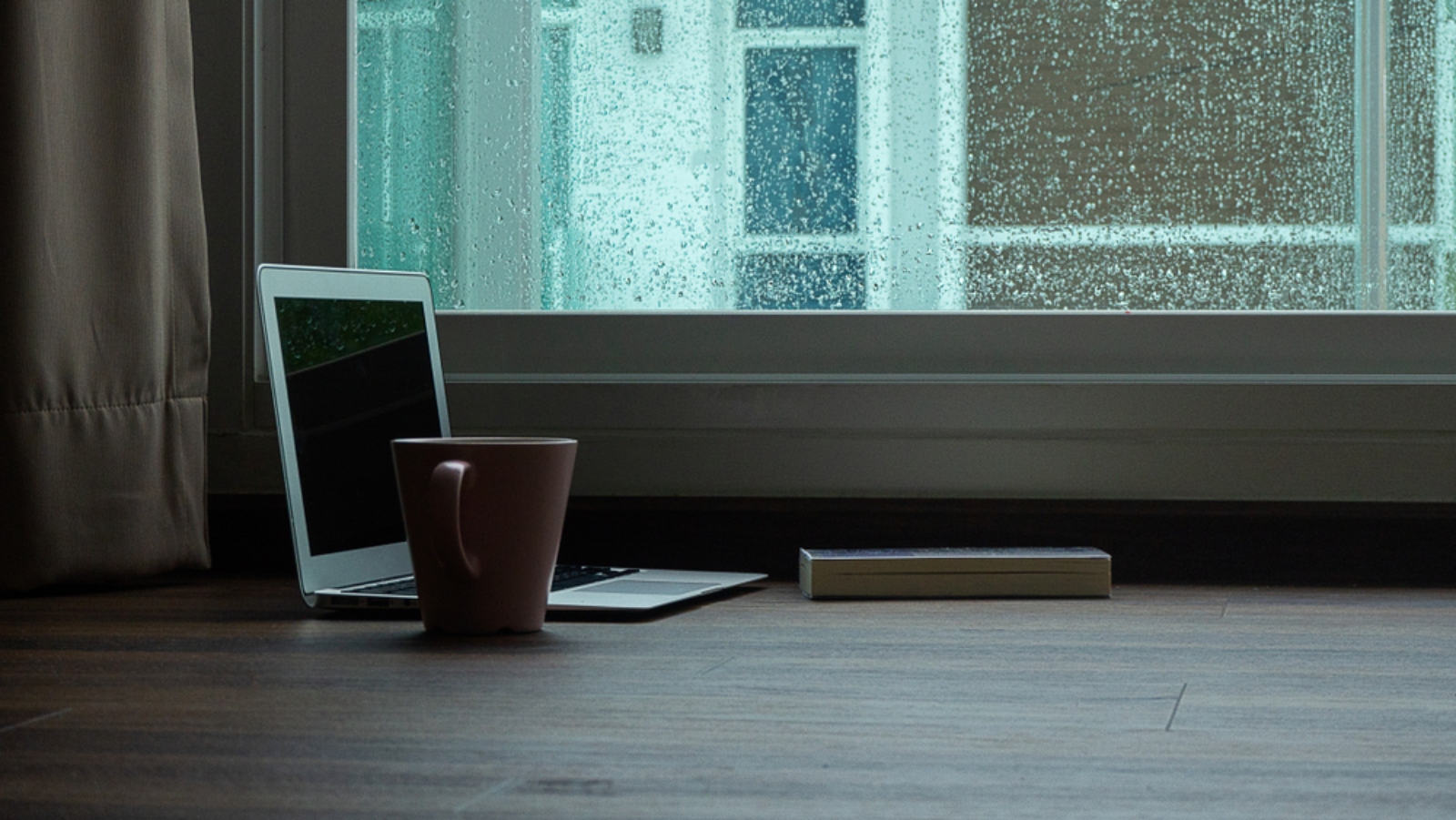Turns out that rainy days really do make us blue, and that if you’re writing an online review of a hotel on a day when the weather is bad, you’re more likely to write a longer and more critical evaluation.
Research by Yaniv Dover of the Hebrew University of Jerusalem’s Jerusalem Business School and Federmann Center for the Study of Rationality shows that the weather has a far bigger impact on what we write in online reviews that we might have expected.
The research, carried out in collaboration with Prof. Leif Brandes at the University of Lucerne, Switzerland, uses 12 years of data and three million hotel bookings to examine how 340,000 anonymous online reviews of hotels were influenced by the weather on the day they were written.
The complex evaluation included matching between the booking made by the consumer and the written review, identifying the weather at the location of the reviewer, the star rating given, classification of vocabulary used to describe the stay, and the weather experienced during the stay at the hotel.
The results showed conclusively that, on average, days of rain or snow reduced the reviewers’ evaluation of their hotel experience enough to nearly demote the hotel from a 5- to a 4-star rating.
Rainy days also made reviewers more likely to write a review, and to write longer, more critical and detailed reviews, regardless of the weather experienced at the hotel during the stay.
The authors suggest that this effect may be because bad weather triggers more negative memories or induces a negative mood that colors the review. This suggests just how much our physical environment can impact our judgments.
“This type of research exposes an aspect of the dynamics of our new digital world,” said Dover. “It can help policymakers frame policies to better engineer a more productive and healthy effect of online activities on our daily lives.”
The research, funded by the Israel Science Foundation, was published in the Journal of Consumer Research.
















